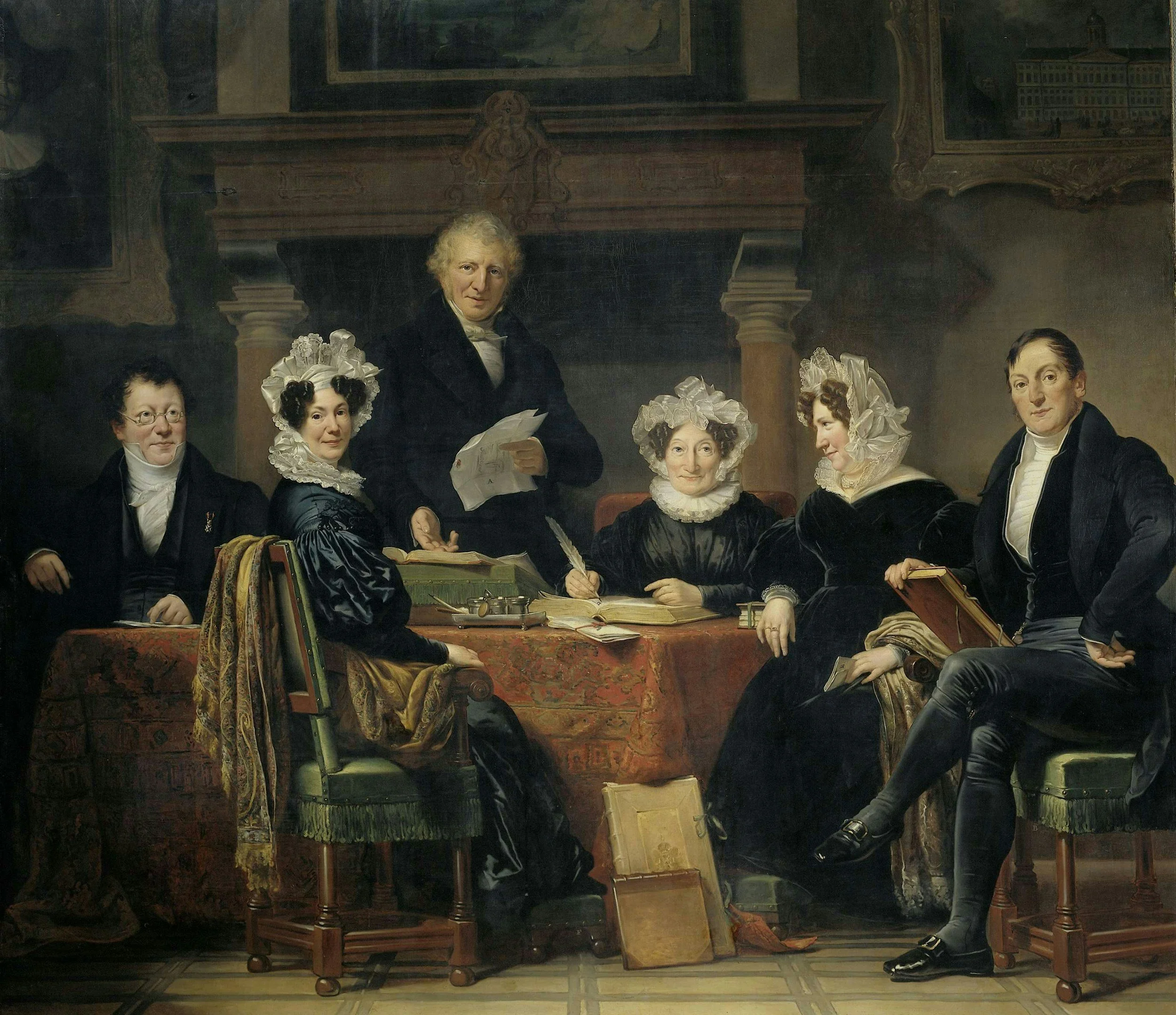
The Magic of Therapy
A blog about the transformational power of psychotherapy and how it helps us blossom into the wholesome being we are.





The Cost of Doing It Yourself
If you’re the kind of woman who always ends up doing everything—at work, at home, in your relationships—you’re not alone. As a mental health therapist in Miami FL and the founder of Psych Blossom Counseling & Wellness, I work with so many high-functioning women who come into therapy exhausted, overwhelmed, resentful, and quietly heartbroken by how unsupported they feel. They describe themselves as “doers,” “the responsible one,” or “the one who just gets it done.”

Why Healthy Love Feels Boring After Love Bombing: How to Heal, Rewire, and Recognize Genuine Love
If you’ve ever wondered why healthy love feels “boring” after a toxic, love-bombing relationship, this article breaks it down. Learn what love bombing is, why it hooks you, and how to heal with support from a therapist in Miami FL or a trusted mental health professional.

Who’s on Your Board of Directors?
Just like a business has different directors for different areas of expertise, we also need multiple people who can support us in different ways. Relying on only one person for every need—emotional, financial, spiritual, relational—is not only overwhelming for them but also limiting for you.
Healthy support systems spread across different “departments” of your life: mental health, friendships, career, finances, spirituality, and personal growth. Together, they form the safety net that helps you through toxic relationships, major life changes, and those moments when adulting feels impossible.

When Love Hurts: Why Chasing the Wrong Person Isn’t Really Love
I decided to write this post because, at Psych Blossom, we see so many clients in their 20s and early 30s trying to figure out their love lives. They’re often stuck on a person they swear they love… but who consistently causes pain. Just today, I came out of a session where my client, a 24-year-old woman, said, “I know he doesn’t show me, but I know our connection is real.”
That kind of statement is heartbreakingly common. We’re sharing this article to help you reflect on what love really is, why so many of us get caught in these toxic relationships, and how relationship therapy can help you shift toward self-love and healthier connections.












